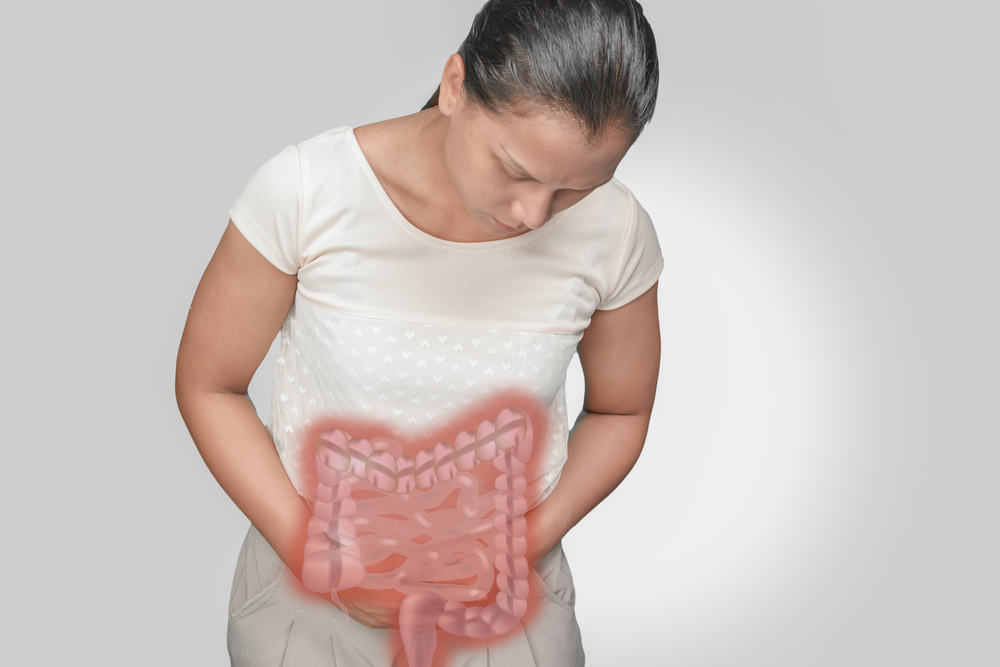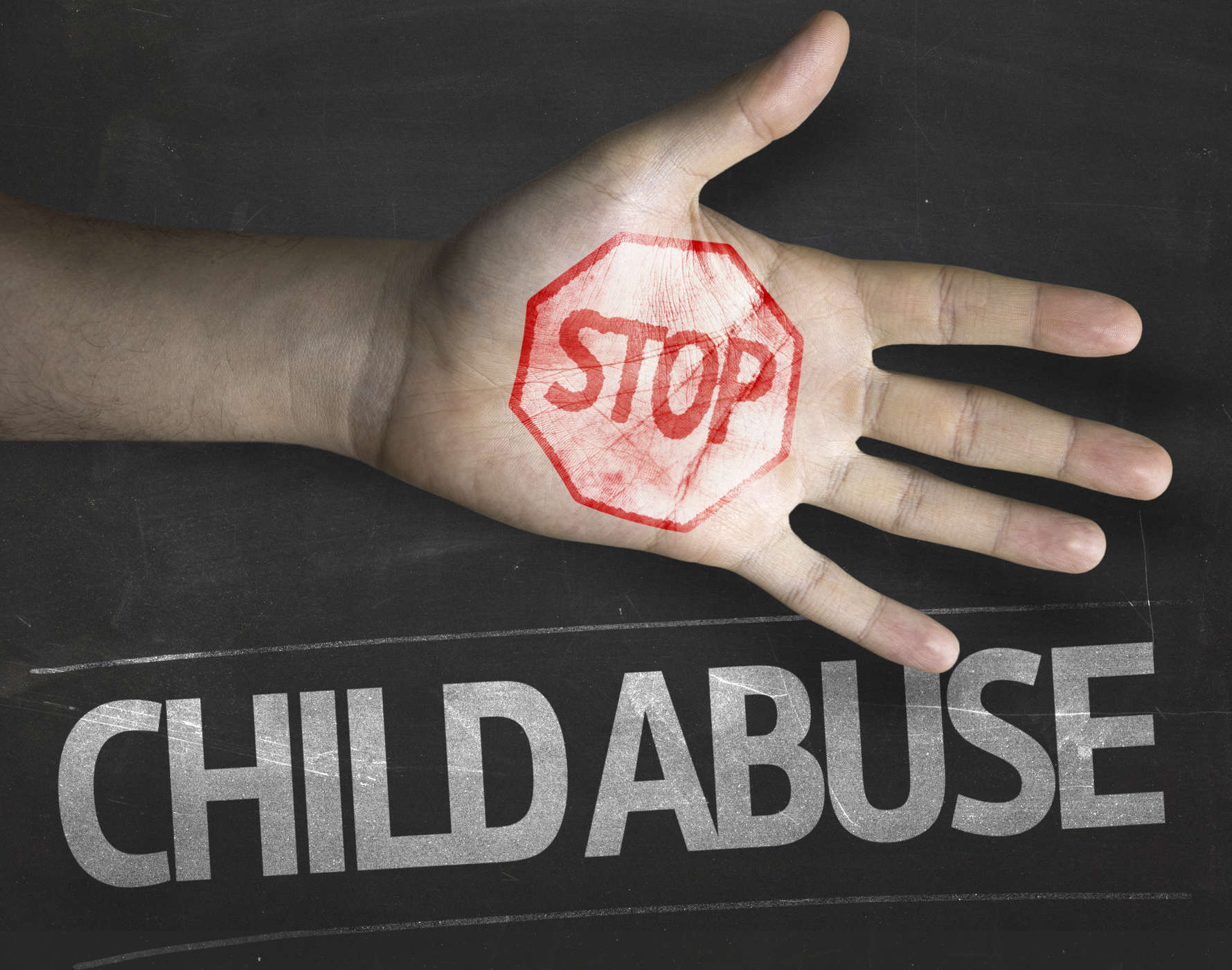Contents:
- Medical Video: Does smoking or drinking increase my risk for colorectal cancer? - Dr. Russell Heigh
- What is colorectal cancer?
- How common is colorectal cancer?
- Signs and symptoms of colorectal cancer
- The appearance and spread of colorectal cancer
- Risk factors that cause colorectal cancer
- Factors that can be changed
- Causes that cannot be changed
Medical Video: Does smoking or drinking increase my risk for colorectal cancer? - Dr. Russell Heigh
The human digestive tract consists of several parts, where the largest part is the large intestine (colon). The large intestine is the place to absorb the last nutrient and the place where the residual substance is formed before being transferred to the rectum and then removed through the anus. Colorectal cancer is one of the most serious diseases that can occur in the large intestine and rectum.
What is colorectal cancer?
Colorectal cancer is a term for cancer growth that begins with the growth of abnormal cells (tumors) that spread and damage surrounding cells in the mucous lining of the large intestine (colon) and rectum. Colorectal cancer can be colon cancer or rectal cancer, depending on where the cancer first appeared. Both have many similarities such as the process of growth and form of cancer.
How common is colorectal cancer?
In general, men and women do not have much different risks. But in Indonesia, cases of colorectal cancer are more common among men than women with an estimated prevalence of 19.1 per 100,000 population compared to 15.6 per 100,000 population for women. Like most cancers, many colorectal cancers are experienced by individuals with advanced age.
Signs and symptoms of colorectal cancer
At the beginning of the tumor and when the phase of change becomes cancerous cells, symptoms usually are not found in patients. Symptoms of colorectal cancer will appear after the cancer spreads and causes damage to the body. Some of the symptoms that sufferers may experience are:
- Changes in digestive system activity accompanied by diarrhea, constipation, or the amount of stool released is too little and lasts several days.
- The stomach feels still sore after defecating.
- Blood flow from the anus, dark colored stools, or blood in the stool.
- Often experience abdominal pain or cramps.
- Sudden weight loss.
- Having anemia due to a decrease in the number of blood cells.
These symptoms often arise due to other disturbance factors experienced by colorectal cancer sufferers. But if you experience these symptoms, immediately consult a doctor for further examination.
The appearance and spread of colorectal cancer
Most colorectal cancers begin with the growth of small lumps (polyps) on the inside of the large intestine or rectum. Most polyps do not develop into cancer, only certain types can become cancerous, that is adenomatous polyphyperplastic poly, p and inflammatory polyp. As many as 95% of colorectal cancer cells come from adenomatous polyp and develops into adenocarcinoma.
Cancer cells in the colon and rectum grow in the deepest layer of the organ (mucosa) and continue to grow affecting all layers. If the cancer cell has grown to reach the organ's blood vessels, the cancer cells easily spread (metastasis) and damage the surrounding body's defense by attacking the lymph nodes or to further organs. The development of colorectal cancer can be assessed based on tumor growth in the lining of the patient's large intestine or rectum, the spread of cancer cells to hit lymph nodes around cancer cells, and how far the spread of cancer cells in the organs of the body. Usually colorectal cancer cells can spread to the liver and lungs.
Risk factors that cause colorectal cancer
The main causes of colorectal cancer are not yet known, but there are a number of things that can increase a person's risk of experiencing colorectal cancer cell growth both those that can be changed or cannot be changed.
Factors that can be changed
There are several causes of colorectal cancer that are influenced by lifestyle, including:
- Overweight - Obesity can increase the risk of cancer cell growth and increase the risk of death from cancer. The risk of getting cancer because obesity is greater is found in men than women.
- Lack of physical activity - people who lack physical activity will be more susceptible to cancer, including colorectal cancer.
- Dietary habit - It is known that high consumption patterns of red meat and processed meat can increase the risk of colorectal cancer. In addition, cooking meat at high temperatures causes an increase in a chemical compound that triggers cancer in the intestine. While a healthy diet by eating vegetables, fruit and whole grains is known to reduce the risk of cancer.
- Smoke - smoking behavior is known as a risk factor for various cancers including colorectal cancer. The longer the smoking, the greater the risk of colorectal cancer.
- Alcoholic beverages - consumption of all types of alcoholic beverages too much will increase the risk of developing colorectal cancer. Restrictions to reducing consumption of alcoholic beverages will reduce the risk of colorectal cancer.
Causes that cannot be changed
There are several risk factors that cannot be corrected to reduce the risk of developing colorectal cancer, namely:
- Elderly - aged over 50 years will increase the risk of getting cancer. Cancer requires time to develop from abnormal cells, so that individuals will be diagnosed with cancer in old age.
- History of suffering from polyps or colorectal cancer - someone who has been declared cured of colorectal cancer or polyps can experience the growth of new cancer cells in the intestine. This risk will be greater if someone has been exposed to colorectal cancer at a young age.
- Ever experienced inflammatory bowel disease (IBD) aka inflammatory bowel disease- This is a long-standing inflammatory condition in the large intestine. The intestinal wall of IBD sufferers experiences abnormal cells that can be seen with a microscope (dysplasia) If you have been diagnosed with IBD, do colorectal cancer screening routinely. IBD is different from inflammatory bowel syndrome (IBS) which does not increase the risk of colorectal cancer.
- Family history of colorectal cancer and familial adenomatous polyps - the risk of colorectal cancer will be higher if there is one of the parents, blood relatives, or children who suffer from colorectal cancer. The risk a person has will be higher if one family member has had colorectal cancer under the age of 45 years. Cancer conditions can be reduced in one family due to genetic factors or influenced by environmental factors or interactions between the two. Although most sufferers do not have a family history of this disease, but with a family history will increase the risk of 20% of colorectal cancer. The same is true with a family history of having experienced the growth of potentially cancerous polyps, adenomatous polyps. If there are family members who experience it, do detection of colorectal cancer regularly.
- Experience type 2 diabetes - someone who has type 2 diabetes has a higher risk of colorectal cancer. Both diabetes or colorectal cancer have many similar risk factors such as obesity. Although not having other risk factors, someone with diabetes has a higher risk of colorectal cancer.
READ ALSO:
- Is it true that CT scans can cause cancer?
- Breast lumps or pain: Is this cancer?
- Can Oral Sex Cause Cancer?












